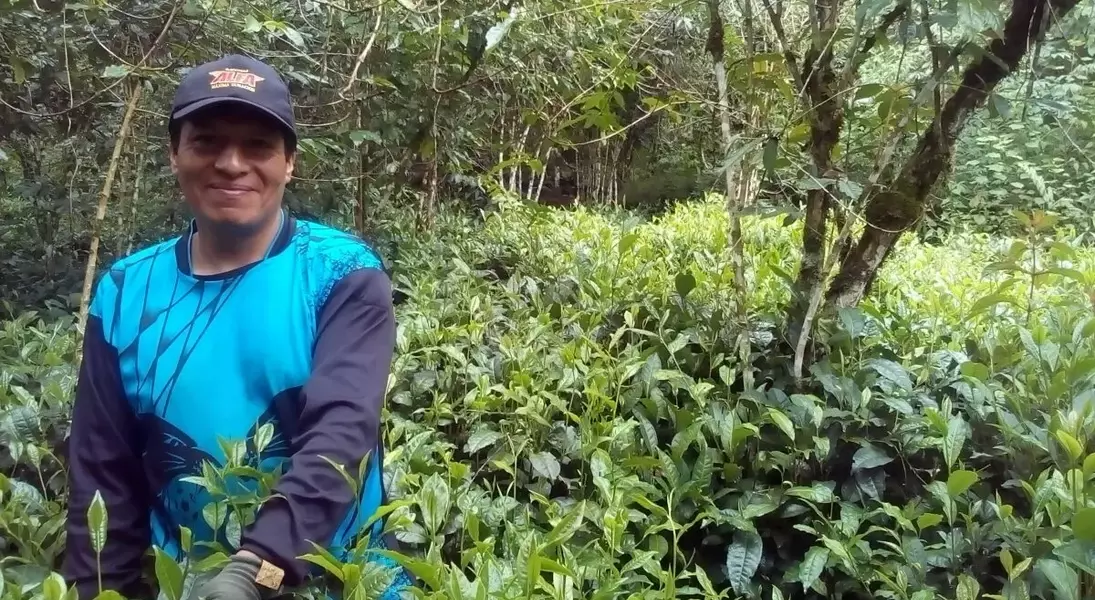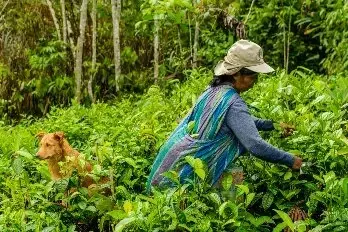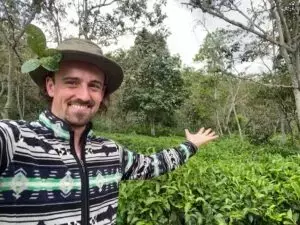





The rich history of tea cultivation in Peru dates back over a century, with green tea first introduced to the country in 1913. Today, this tradition continues through the efforts of pioneering producers like Germán Povea and Rolando Landers, who are transforming the landscape of Peruvian tea production. Germán, based in the Huayopata district, has established his plantations in Yanayaco, Choquello Huanca, and Huayopata, focusing on artisanal teas made from Camellia sinensis and Assamica hybrids. His commitment to quality has led to a diverse range of products including black, green, white, and matcha teas. While 70% of his production is sold within Peru, the remaining 30% is exported, showcasing the growing international interest in Peruvian tea.
In recent years, the Peruvian tea industry has seen a resurgence, driven by a younger generation of producers who are embracing artisanal methods. Jake Housdon, a tea specialist collaborating with Runaq company, highlights the unique flavors and body profiles created by blending different tea varieties. This innovation has culminated in the creation of Peru-Erh, the country's first Pu Erh cake, which promises to bring new dimensions to the global tea market. Meanwhile, Rolando Landers, who owns organic tea plots in the humid forest, focuses on producing high-quality whole-leaf teas for the local market. His ambition to refine tea-making techniques reflects the broader goal of elevating Peruvian tea to compete on the world stage.
The future of Peruvian tea looks promising as producers focus on sustainability, organic cultivation, and highlighting the region’s biodiversity. With increasing demand for natural and organic products, Peruvian tea is gaining recognition both domestically and internationally. The emphasis on artisanal craftsmanship and sustainable practices not only enhances the quality of the tea but also promotes environmental stewardship. As more consumers seek healthier alternatives, Peruvian tea stands out as a testament to the country’s rich botanical heritage and its potential to contribute positively to the global tea market. This movement embodies the spirit of innovation and resilience, paving the way for a brighter future for Peruvian agriculture and culture.
